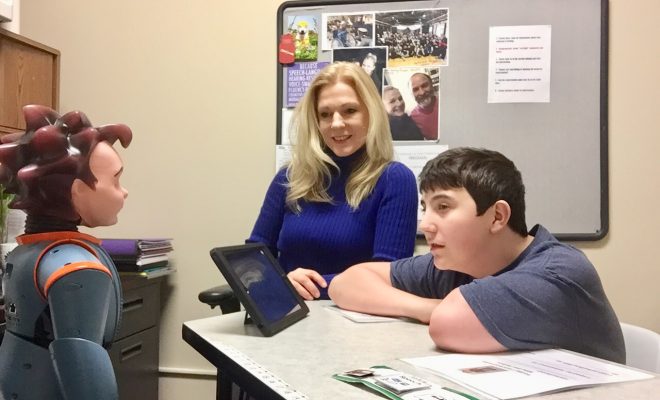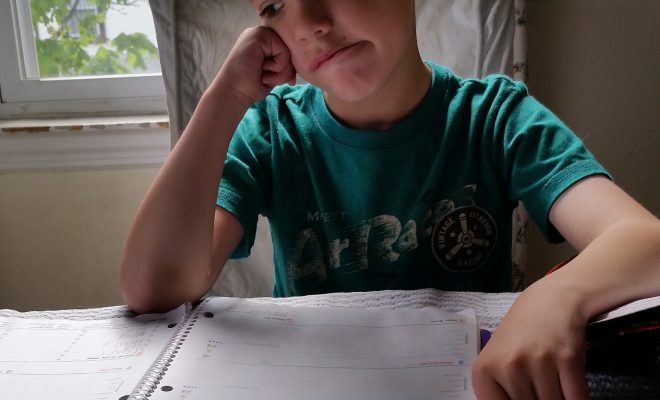Pass or Fail: Transitional Classes and other Retention/Social Promotion Alternatives

In this multi-part series, I provide a dissection of the phenomenon of retention and social promotion. Also, I describe the many different methods that would improve student instruction in classrooms and eliminate the need for retention and social promotion if combined effectively.
While reading this series, periodically ask yourself this question: Why are educators, parents and the American public complicit in a practice that does demonstrable harm to children and the competitive future of the country?
In my previous post, I discussed some suggestions for alternatives to social promotion and retention that include material customized to students’ interests and I’d like to continue that conversation here.
Some really workable solutions to sidestepping retention and social promotion include a focus on transitional classes for students, allowing promotion or enrollment in the following grade even while students repeat specific subjects or courses they failed in a previous year, with a primary focus on unlearned skills. Bucko suggests that stressing student ability is helpful in encouraging students to lean that they can be successful.
Siegel and Hanson propose direct instruction in basic skills, including the intensive one-on-one teaching of reading, writing, and arithmetic, as a strategy for helping four to six-year-olds with meeting basic academic standards.
Dawson suggests that schools should use instructional strategies or practices to alter retention, with cooperative learning and mastery learning strategies, direct instruction, adaptive education, individualized instruction, peer-tutoring, and curriculum-based assessments designed to initiate learning.
Some support options are more reactive, with Glasser proposing that students be encouraged to take responsibility for self-evaluation, beginning as early as the first grade. The emphasis on student self-grading emerges as a viable strategy for helping both students and teachers agree on the quality of work, with better grades being offered for improved performance.
Logically, it works to have a balance between applied supports and persuading students to take responsibility for their actions. The latter option theoretically supports a longer-term success rate. Encourage a child to be responsible, and you encourage them to take pride in and be attentive to the work they do.
Glasser also suggests the that courses with varying completion times and segregation points can be useful for struggling students. They suggest the need for an emphasis on quality rather than quantity in selecting courses. McDonald and Bean use an algebra course as an example, observing that if a student requires two years to achieve competence in algebra, they should be allowed that amount of time.
Glasser also proposes that students should receive accommodations in testing if required. In the Common Core era, this idea seems promising. In this proposal, students would be allowed to finish tests individually or cooperatively, with the amount of time allowed for a test being eliminated as a factor affecting the grade. Baku also suggests that classes be smaller and instruction more individualized.
For students who simply have trouble taking tests, or with the mastery of certain particular subjects, delayed testing also provides a good alternative to retention or social promotion. According to Newman, the practice of postponing testing may be beneficial for demonstrating accountability. Delayed testing may also be a workable option for those schools that administer minimum performance and achievement tests in March and April, leaving approximately two to three months the school with no clear objective.
Researchers have shown quite clearly that there is a correlation of between retention and the likelihood of dropping out. One of the strategies that these researchers have found to be effective in reducing dropout rates is having educators collaborate with other stakeholders on a regular basis to devise and implement more effective plans for student achievement.
Research consistently shows that community counselors work effectively at addressing issues like depression, substance abuse, aggression, and hopelessness; all potential barriers to an adolescent’s academic success. Lerner and others also emphasize in their research that educators should try to work collaboratively with community-based mental health agencies.
Another well-documented positive factor is parental involvement, which various researchers have noted is pivotal to student success. Hall and others, for instance, found that collaboration between school representatives and parents or guardians of students proved valuable in future education planning. Parental involvement to aid poorly performing children must, however, be carefully coordinated if it is to be effective. Counselors can help develop a plan or strategy for parents that will involve them in their child’s education.
Click here to read all my suggestions for alternatives to social promotion and retention.






